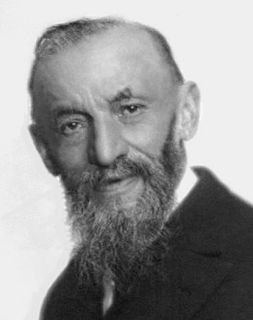A Quote by Graham Hancock
Science has often resisted new ideas and fought bitterly to prevent them coming on board.
Related Quotes
I often compare open source to science. To where science took this whole notion of developing ideas in the open and improving on other peoples' ideas and making it into what science is today and the incredible advances that we have had. And I compare that to witchcraft and alchemy, where openness was something you didn't do.
Peter Watts has taken the core myths of the First Contact story and shaken them to pieces. The result is a shocking and mesmerizing performance, a tour-de-force of provocative and often alarming ideas. It is a rare novel that has the potential to set science fiction on an entirely new course. Blindsight is such a book.
In every science, after having analysed the ideas, expressing the more complicated by means of the more simple, one finds a certain number that cannot be reduced among them, and that one can define no further. These are the primitive ideas of the science; it is necessary to acquire them through experience, or through induction; it is impossible to explain them by deduction.
Cities need old buildings so badly it is probably impossible for vigorous streets and districts to grow without them.... for really new ideas of any kind--no matter how ultimately profitable or otherwise successful some of them might prove to be--there is no leeway for such chancy trial, error and experimentation in the high-overhead economy of new construction. Old ideas can sometimes use new buildings. New ideas must use old buildings.





































